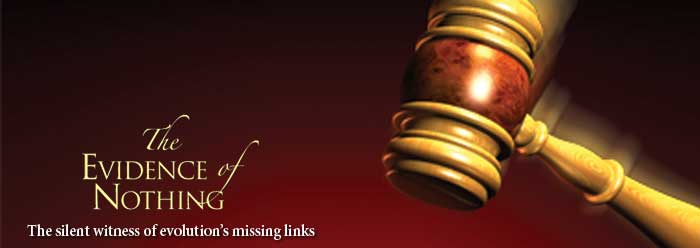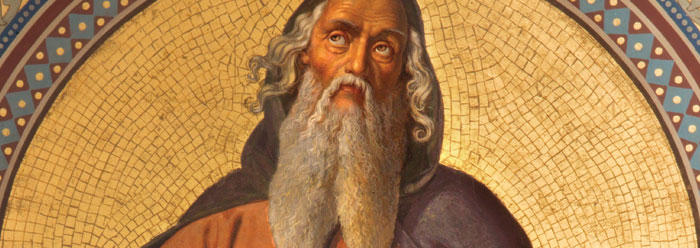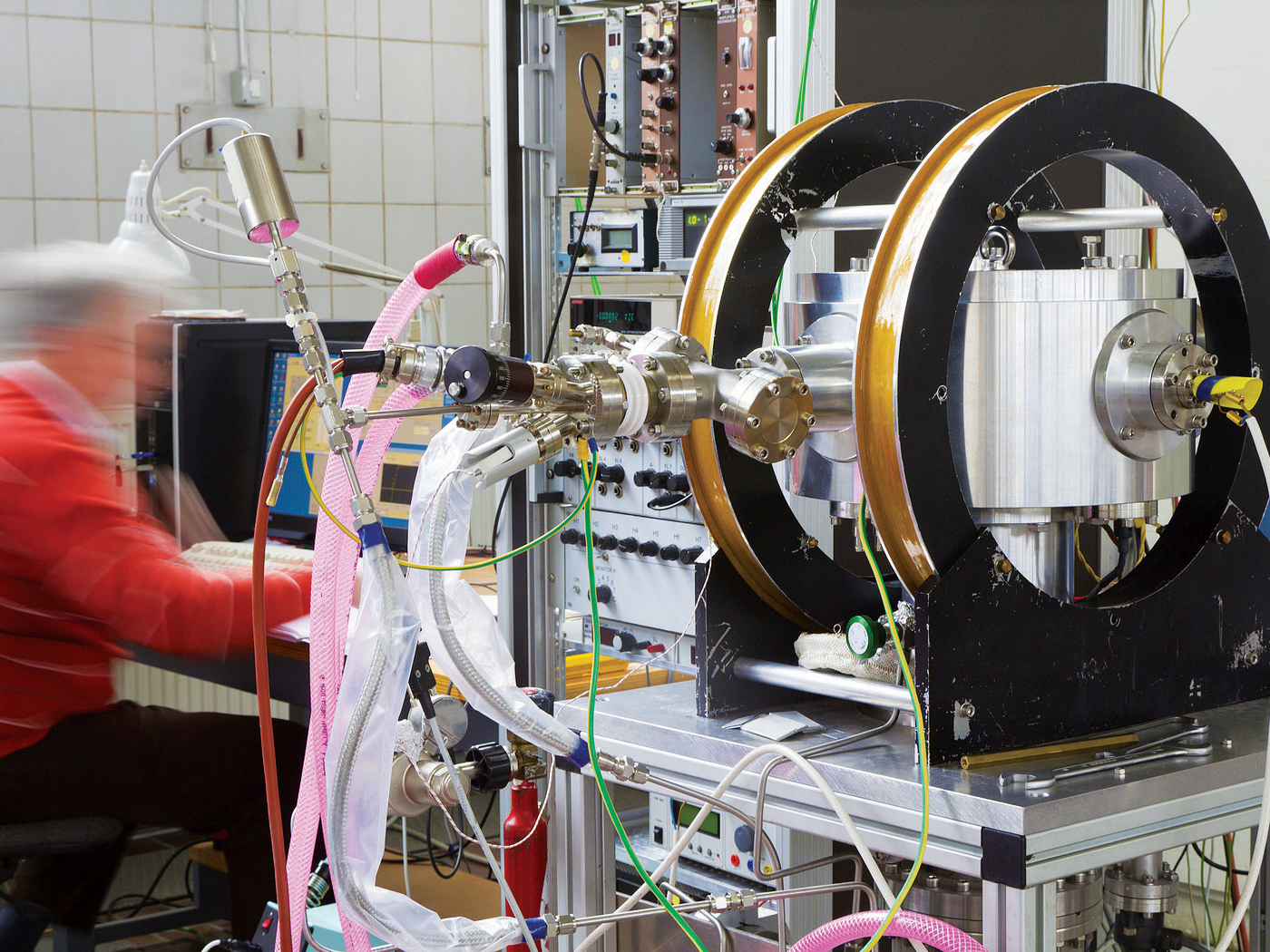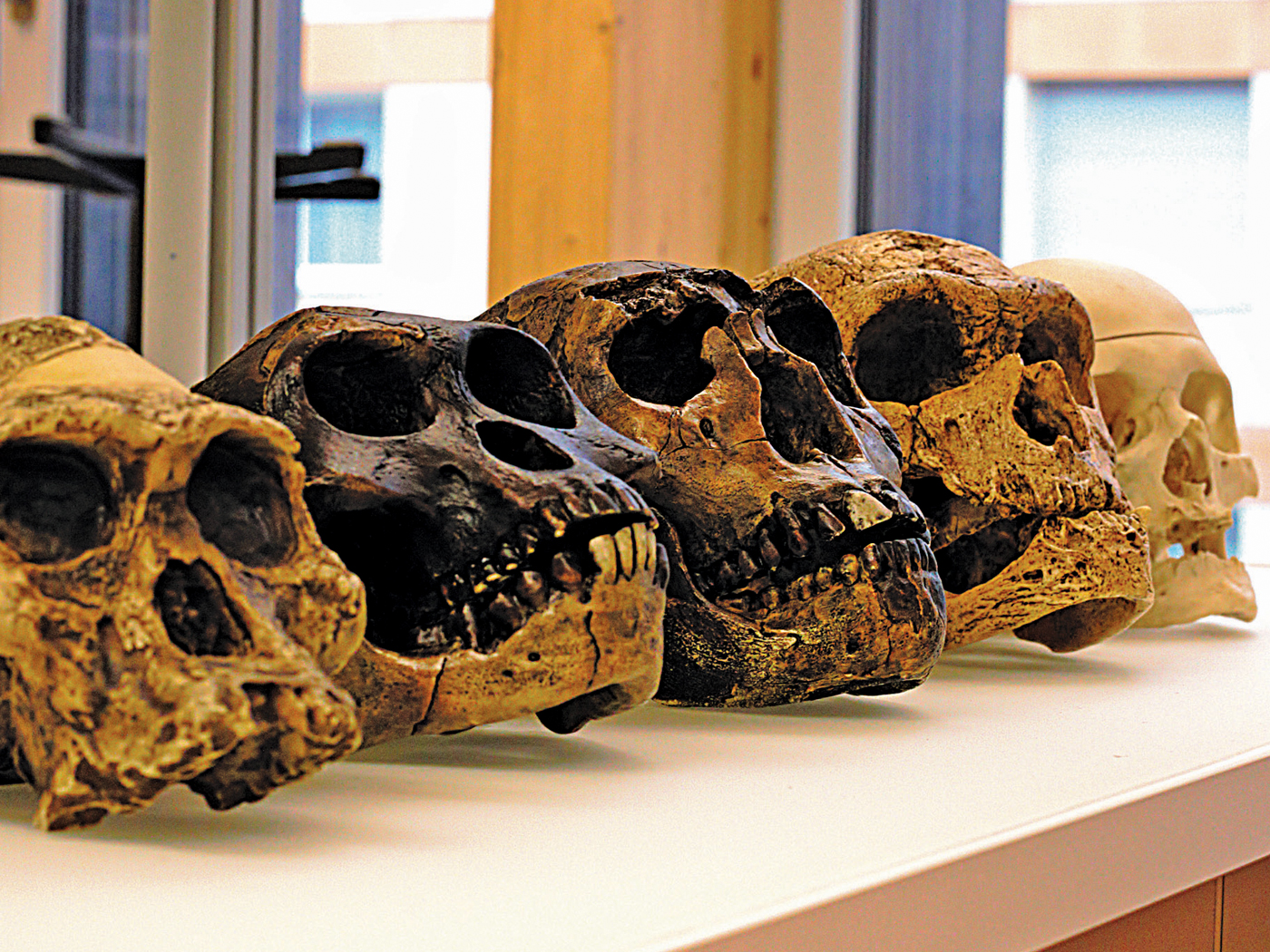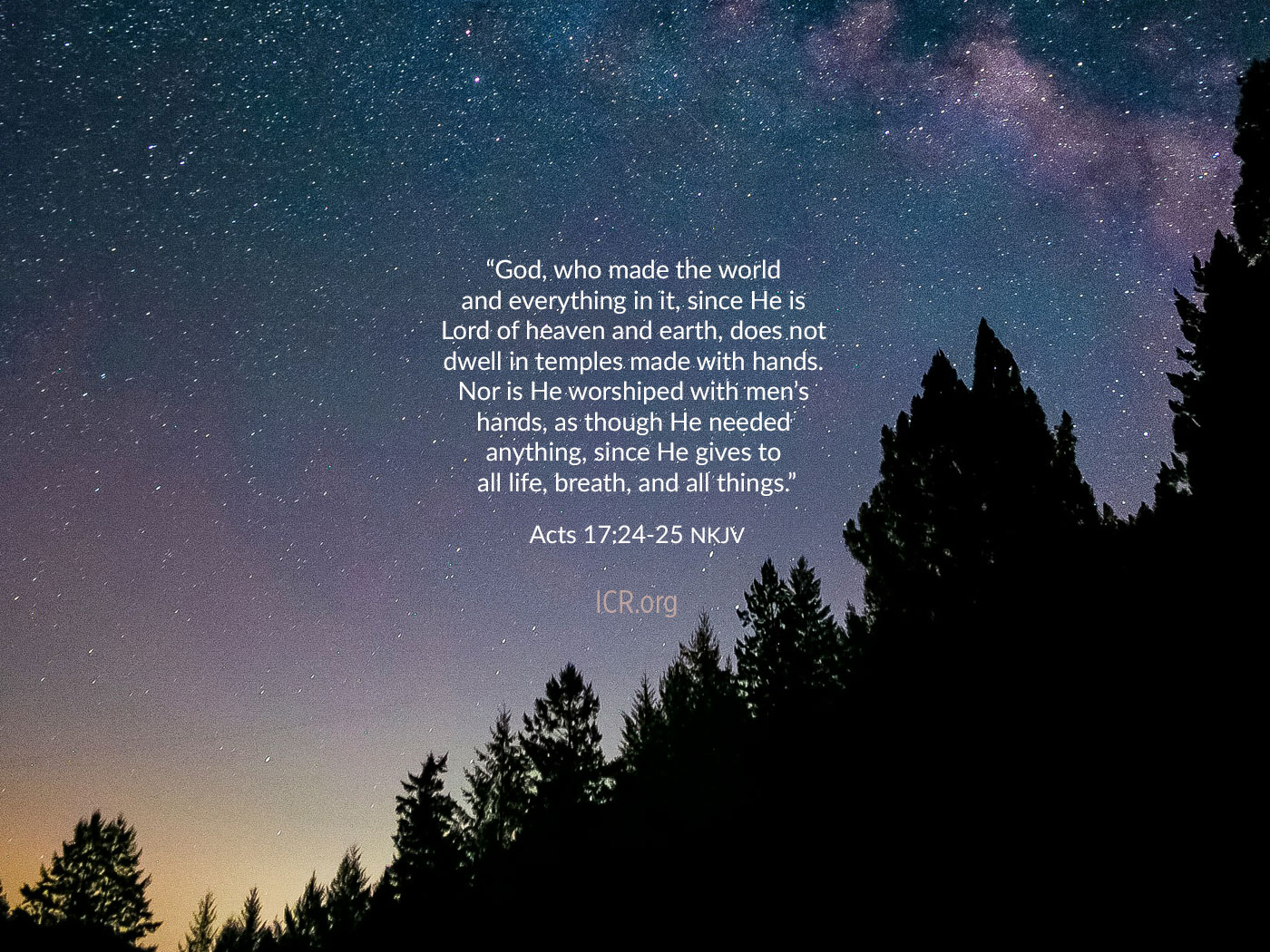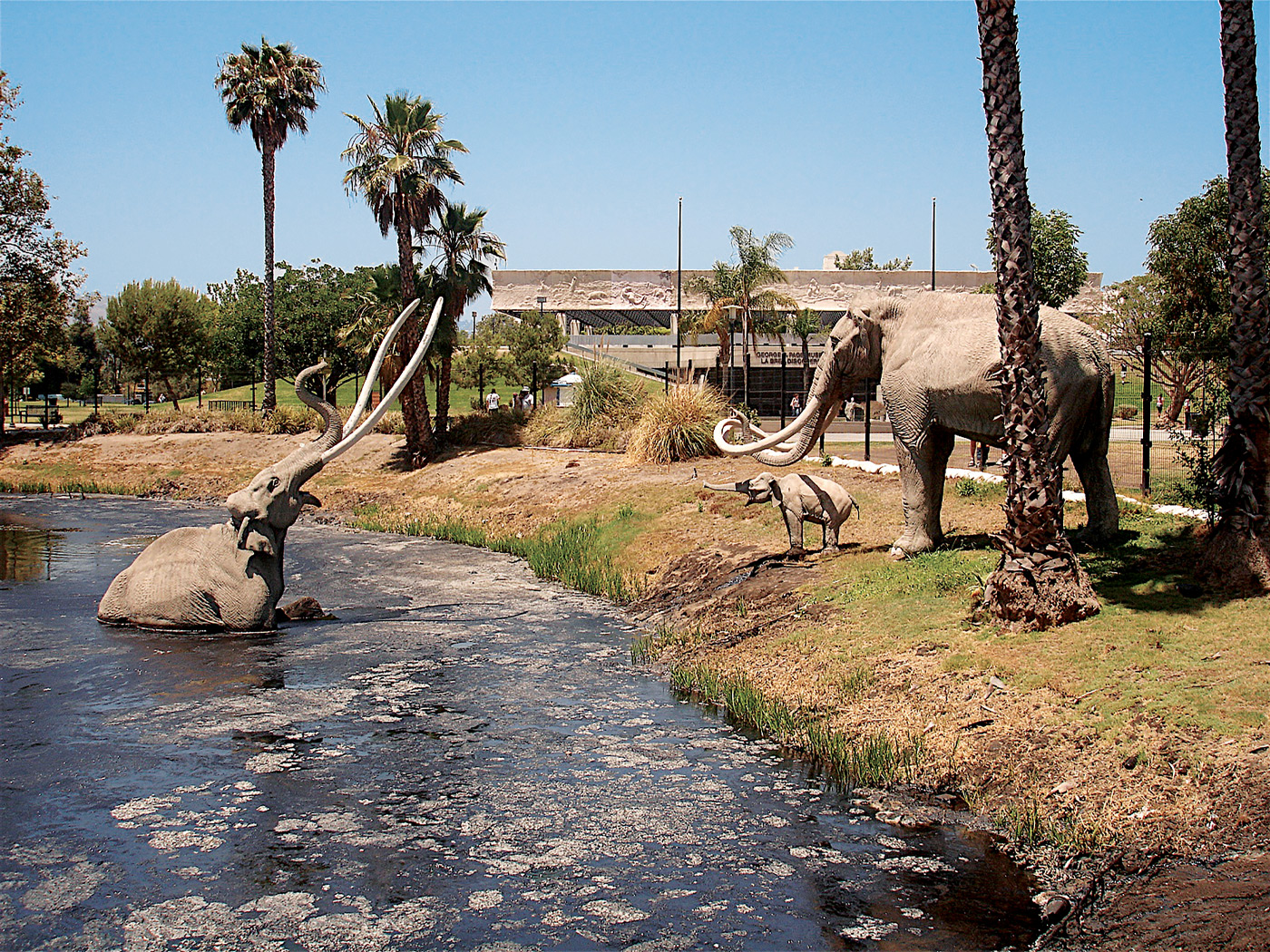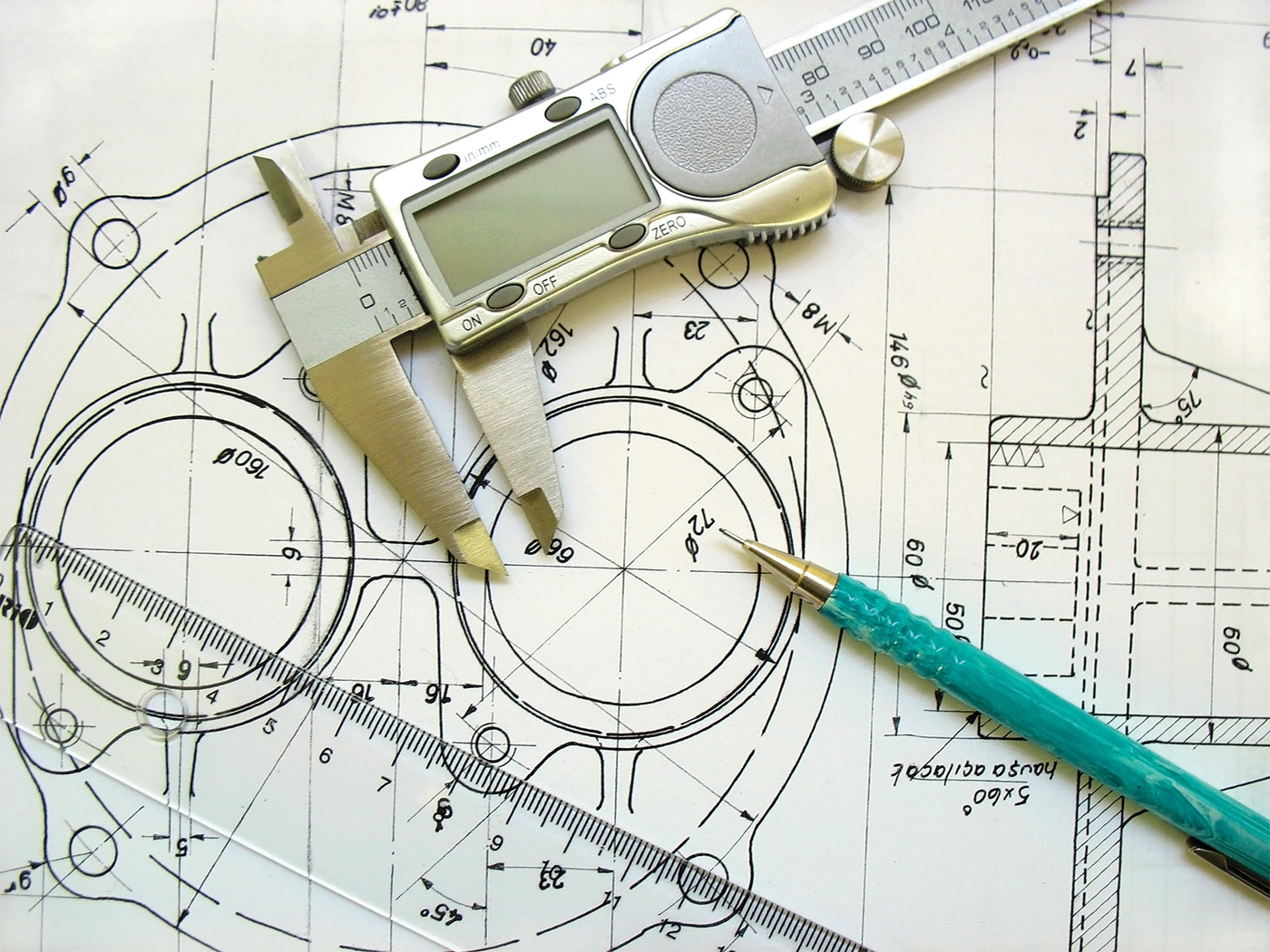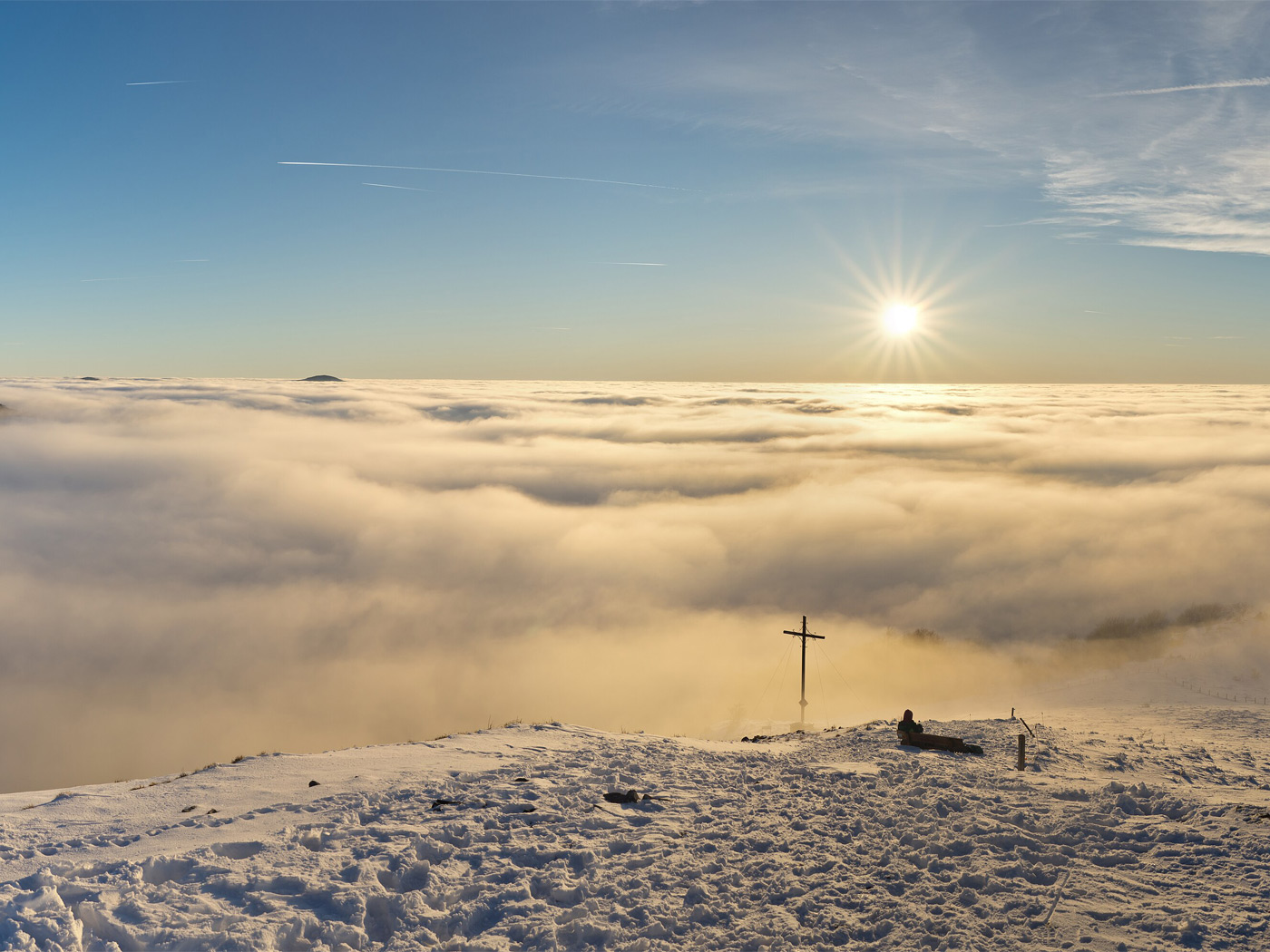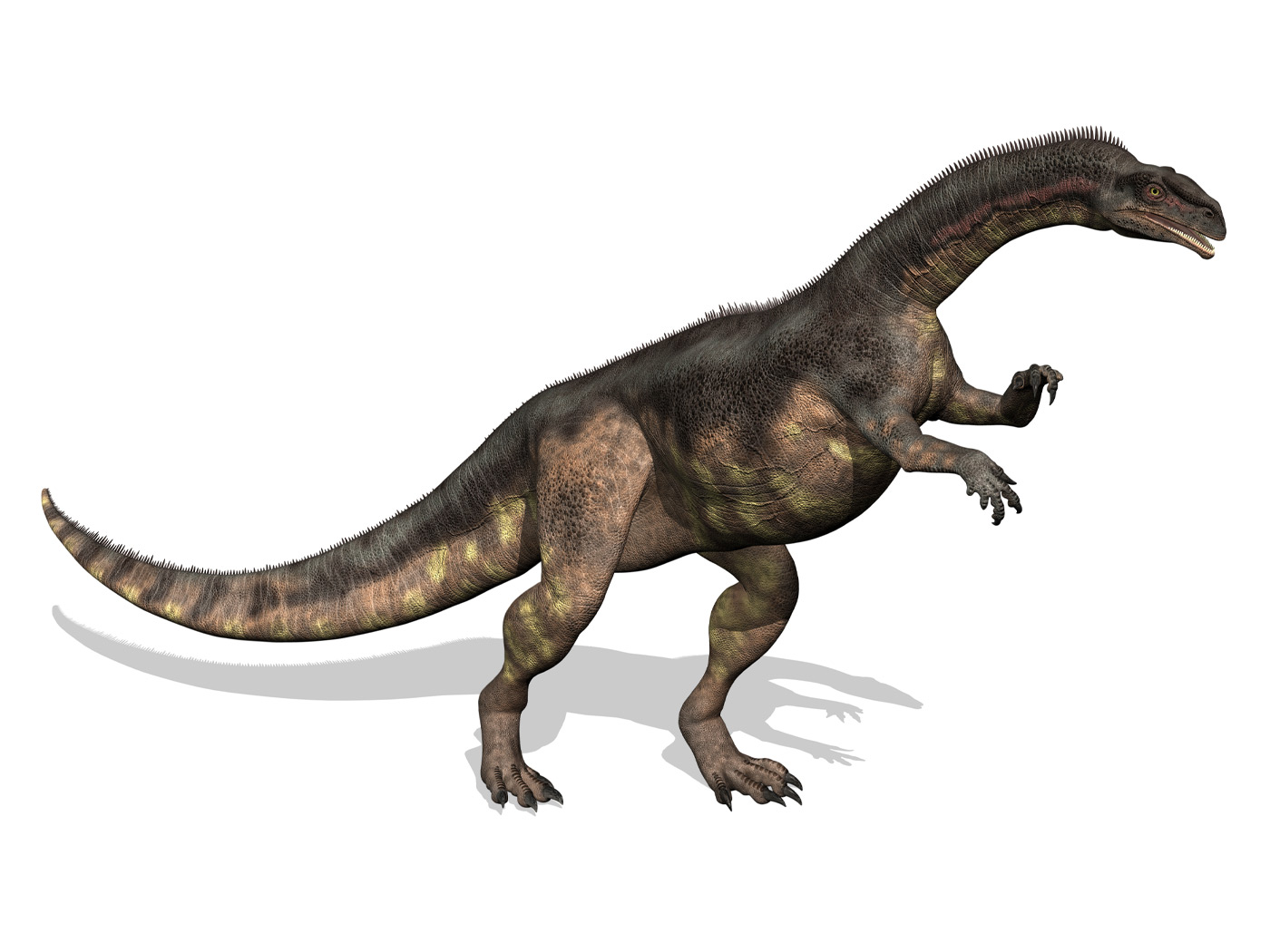Recently I was called for jury duty. The one trial for which I was selected seems trivial enough (except for those involved), but it contained certain intricacies.
It involved a cab driver who picked up two late-night, stranded motorists. All three had been drinking. Before it was over, there had been a nasty fight and the motorists claimed the cabby stole their money. All involved—the fares, the cabby, the police, the dispatcher, etc., had a different story, and all were convincing. As the jury, we had the difficult job of sorting it all out, of reconstructing the past, unobserved by any of us, as best we could from partial and conflicting evidence. We didn't have direct access to the past, only the evidence which existed in the present and the stories of those who had witnessed portions of the past events. Not an easy task!
When attempting to answer the origins' question, scientists are in a similar situation. Science rightly deals with the present state of nature and the processes, which presently operate, in nature. Creationists and evolutionists agree precisely when dealing with these issues, (i.e., with science). All agree on the nature of the genetic code or the array of fossils, or the laws of physics, biology, and chemistry. How then can there be such disagreement about the past?
This present/past issue is the crux of the creation/evolution controversy. No scientist had direct access to the past—all are locked in the present, studying the evidence, which exists in the present, observing the processes, which operate in the present. Science is limited to the present. It is not illegitimate for a—scientist to attempt to reconstruct the past—to try to answer the question, "What happened in the past to make the present get to be this way?" But, clearly, that is not the same thing as empirical science. Both evolution and creation are historical reconstructions, not observations.
As creationists, we insist that we cannot scientifically prove creation or disprove evolution. Both are ways of thinking—schemes by which we can interpret present data. All we can do is study the evidence in the present and see which historical reconstruction is more likely correct.
Present data include the incredible design of living systems which, look for the entire world as if they were "manufactured" by an intelligent designer, and not the random by-product of chance processes. We have the universal Second Law of Thermodynamics, which shows that things become more disordered through time, not more complex, as evolution insists. We see no clue in the fossil record that any basic category of animal ever came from any other basic category. And on and on.
These scientific observations fit well with the creation model, but not at all well with the evolution model. We cannot scientifically prove or disprove either creation or evolution, mainly because we don't have direct access to the past, but we can assert that creation is better—the one most likely correct.
But creationists have another advantage. Even though we can't "study the past," we can study the record of One who was an active eyewitness throughout the past, who can accurately communicate His thoughts and deeds, and whose Word is true.
*Dr. John Morris is the President of ICR.





